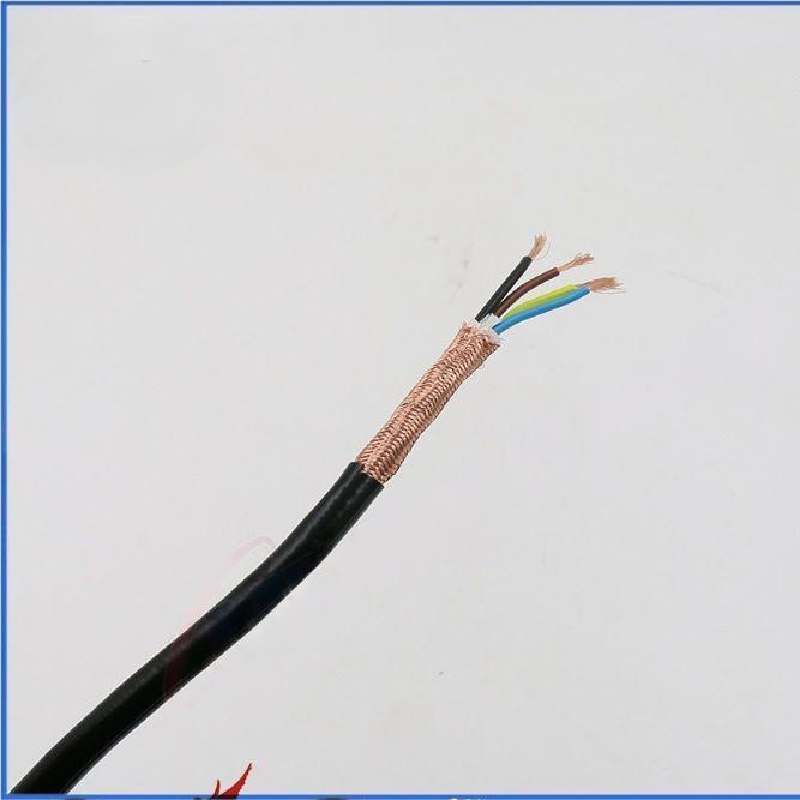Oct . 22, 2024 15:14 Back to list
Optimizing Air Pressure Control Valves for Enhanced Performance and Efficiency
Understanding Air Pressure Valves Function and Importance
Air pressure valves are critical components in various engineering and industrial applications, serving a vital role in controlling and regulating air pressure in systems such as pneumatic machinery, HVAC systems, and more. Understanding how these valves work, their types, and their applications can shed light on their importance in maintaining operational efficiency, safety, and performance.
What is an Air Pressure Valve?
An air pressure valve is a device designed to control and manage the flow of air within a system by regulating pressure levels. These valves can open and close automatically or be operated manually, ensuring the system maintains optimal pressure for effective functionality. The primary purpose of an air pressure valve is to prevent over-pressurization or under-pressurization, which can lead to system failures, safety hazards, and operational inefficiencies.
Types of Air Pressure Valves
There are several types of air pressure valves, each serving different functions and applications. Some of the most common types include
1. Relief Valves These valves are designed to release pressure when it exceeds a certain threshold. They are crucial for preventing damage to equipment and ensuring system safety. Relief valves automatically open to vent excess air, maintaining balanced pressure levels.
2. Regulating Valves Regulating valves maintain a specific pressure level within the system. They adjust the flow of air to compensate for changes, ensuring that downstream systems operate effectively. These valves are essential in applications where consistent pressure is critical.
3. Check Valves Check valves allow air to flow in one direction while preventing backflow. This function is vital for maintaining pressure in one direction and avoiding potential disruptions caused by reverse flow.
4. Solenoid Valves Solenoid valves are electrically operated valves that can be controlled remotely or automatically. They are often used in automation processes where precise control of air flow and pressure is required.
5. Flow Control Valves These valves regulate the speed of air flow, allowing for adjustments in operations based on the needs of the system. Proper flow control is essential for optimizing performance and energy efficiency.
air pressure valve

Applications of Air Pressure Valves
Air pressure valves find applications across various industries, including manufacturing, automotive, aerospace, and HVAC systems
. Some specific applications include- Manufacturing and Automation In manufacturing plants, pneumatic systems rely heavily on air pressure valves to manage tools and machinery, ensuring consistent operation and safety.
- HVAC Systems In heating, ventilation, and air conditioning (HVAC) systems, air pressure valves help regulate airflow, enhancing energy efficiency and indoor air quality by maintaining appropriate pressure levels within ductwork.
- Automotive Systems In vehicles, air pressure valves control various systems such as braking, suspension, and exhaust, contributing to vehicle safety and performance.
- Aerospace In aviation, precision air pressure control is crucial for systems like cabin pressurization and fuel management, where reliability is paramount.
Importance of Regular Maintenance
Like any mechanical component, air pressure valves require regular maintenance to ensure optimal performance. Issues such as dirt buildup, corrosion, and wear can affect their function, leading to potential system failures. Regular inspections, cleaning, and part replacements are essential practices to prolong the life of these valves and maintain system integrity.
Conclusion
Air pressure valves play an invaluable role in numerous applications by controlling and regulating air pressure. Their ability to maintain safety, efficiency, and effectiveness in systems highlights their importance in engineering and industrial processes. By understanding the different types and applications of air pressure valves, professionals can make informed decisions regarding system design and maintenance, ultimately contributing to improved performance, safety, and reliability. As technology advances, the design and functionality of these valves will continue to evolve, further enhancing their significance in modern engineering solutions.
Share
-
Reliable Wafer Type Butterfly Valves for Every IndustryNewsJul.25,2025
-
Reliable Flow Control Begins with the Right Ball Check ValveNewsJul.25,2025
-
Precision Flow Control Starts with Quality ValvesNewsJul.25,2025
-
Industrial Flow Control ReliabilityNewsJul.25,2025
-
Engineered for Efficiency Gate Valves That Power Industrial PerformanceNewsJul.25,2025
-
Empowering Infrastructure Through Quality ManufacturingNewsJul.25,2025